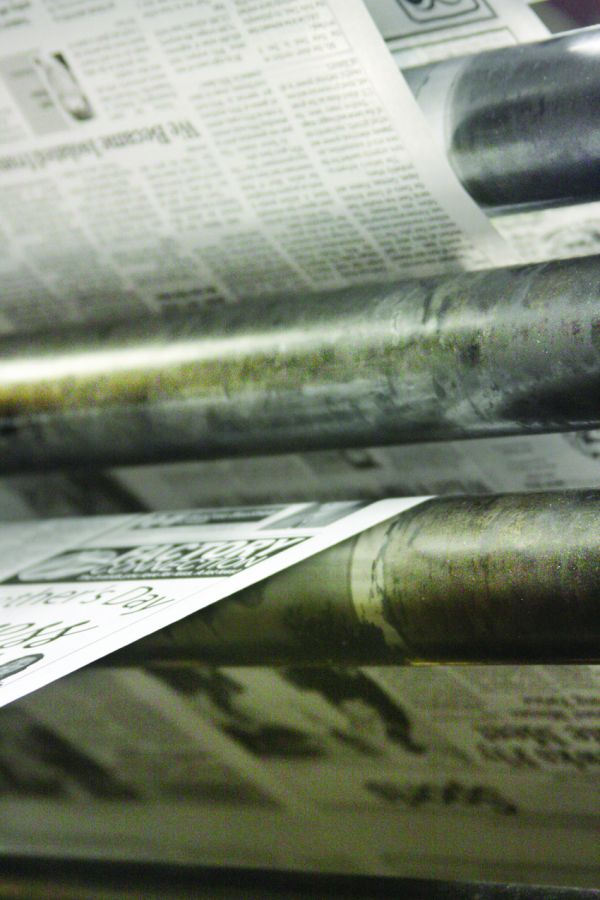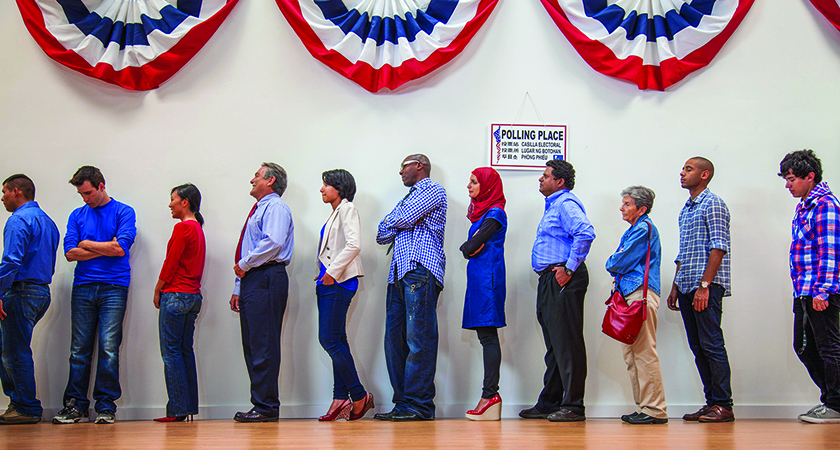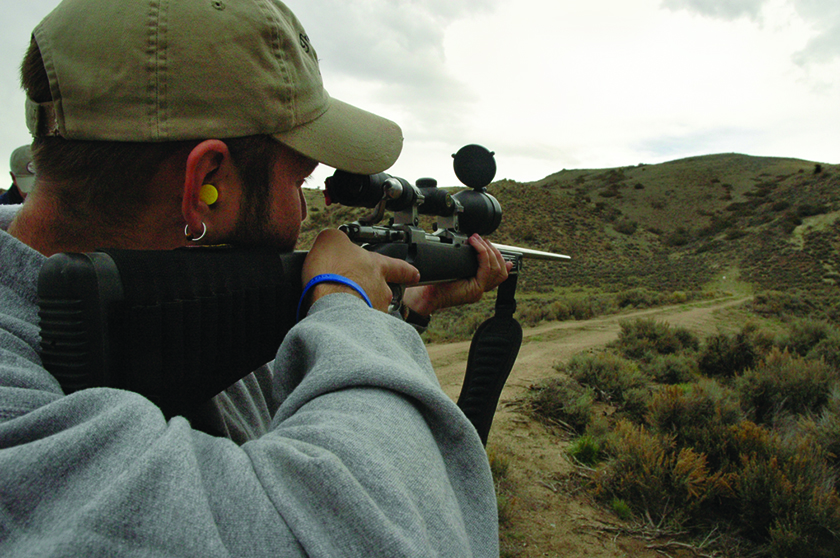By providing fair and accurate reporting abroad, Voice of America conveys the finest of American values
First Five by the Freedom Forum Institute
Apr 30, 2020
By Lata Nott, Freedom Forum fellow
Download Word doc.
By now, hearing the president insult journalists is commonplace. Whether he’s accusing them of peddling fake news, calling them enemies of the American people, or threatening to revoke their Pulitzer prizes, the rhetoric has always been pretty toxic. But in my view, none of those insults is as concerning as his recent attacks directed at Voice of America (VOA), the federal government’s international news and broadcasting agency, founded in 1942 with the goal of combating Nazi propaganda by providing unbiased news and information to countries outside the United States.
At the end of the day, news providers like The New York Times and CNN are independent media outlets protected by the First Amendment and there are limits to how much Trump can actually retaliate against them. It doesn’t matter how many times he threatens to “open up” libel laws and make it easier to sue media organizations — he can’t without overturning a 56-year-old Supreme Court decision. He couldn’t even successfully revoke Jim Acosta’s press pass.
But the president can actually have a lasting impact on Voice of America. At the moment, he’s demanding the confirmation of conservative activist and filmmaker Michael Pack to head the organization that oversees VOA, the U.S. Agency for Global Media, and it’s clear that if he gets his wish, he’ll expect Pack to make some major changes to the way the VOA does its job.
Two weeks ago, a story in the White House’s daily email newsletter accused Voice of America of using taxpayer dollars to promote foreign propaganda. “VOA too often speaks for America’s adversaries — not its citizens,” it said, referencing a video shared by the VOA’s Twitter account that showed a light show in Wuhan, China, celebrating the end of the quarantine there, then accusing the news organization of creating “graphics with Communist government statistics to compare China’s coronavirus death toll to America’s.” Shortly afterwards, the president himself said during his Wednesday Rose Garden briefing that, “If you heard what’s coming out of the Voice of America, it’s disgusting. … things they say are disgusting toward our country.”
These two examples of VOA’s supposed treachery the White House provided are rather odd, considering that the video of the light show was 1) produced by the Associated Press, not the VOA, and 2) is a video of an event that actually happened, regardless of whether or not you think China has exaggerated its success against COVID-19. The graphics comparing Chinese death tolls to American death tolls weren’t based on statistics from the Chinese government, but from Johns Hopkins University. VOA Director Amanda Bennett responded to the accusations with a statement linking to more than a dozen VOA stories critical of the Chinese government’s response to COVID-19, and pointing out that, “One of the big differences between publicly-funded independent media, like the Voice of America, and state-controlled media is that we are free to show all sides of an issue.”
The VOA broadcasts abroad in more than 40 languages to counter propaganda from repressive regimes by providing an independent, reliable source of news promoting freedom and democracy. Its charter legally requires it to report the news accurately, objectively and comprehensively and explicitly says that “VOA will represent America, not any single segment of American society, and will therefore present a balanced and comprehensive projection of significant American thought and institutions.”
There is an inherent tension in being a news media outlet funded by the government, given that the highest purpose of the news media is to serve as a watchdog on the government. Way back in 2016, there were some concerns that when President Trump took office, the VOA “could serve as an unfettered propaganda arm for the former reality TV star who has flirted for years with launching his own network,” according to a report from POLITICO. This didn’t come to pass, in part because the 1994 U.S. International Broadcasting Act established that the VOA has a firewall that prohibits U.S. government officials from interfering with the VOA’s decisions on what stories to cover and how to cover them.
But of course, the president can exert influence on the VOA in other ways. And his aversion to the VOA reporting or sharing any information that might make his administration look bad calls into question his commitment to the concept of an independent and objective VOA. That’s a problem, because the point of the VOA is to combat propaganda from repressive regimes with objective, unbiased, comprehensive reporting — not with propaganda of our own. If the VOA were to become nothing more than the public affairs arm of the American government, that would undermine its larger mission of promoting American ideals. By reporting not just on other countries’ governments, but also on our own with fairness and accuracy, the VOA represents the possibility, for those who live under repressive regimes, that the free press can exist.









